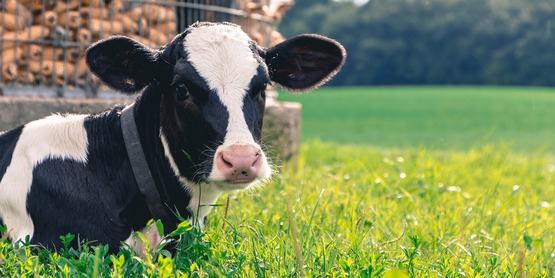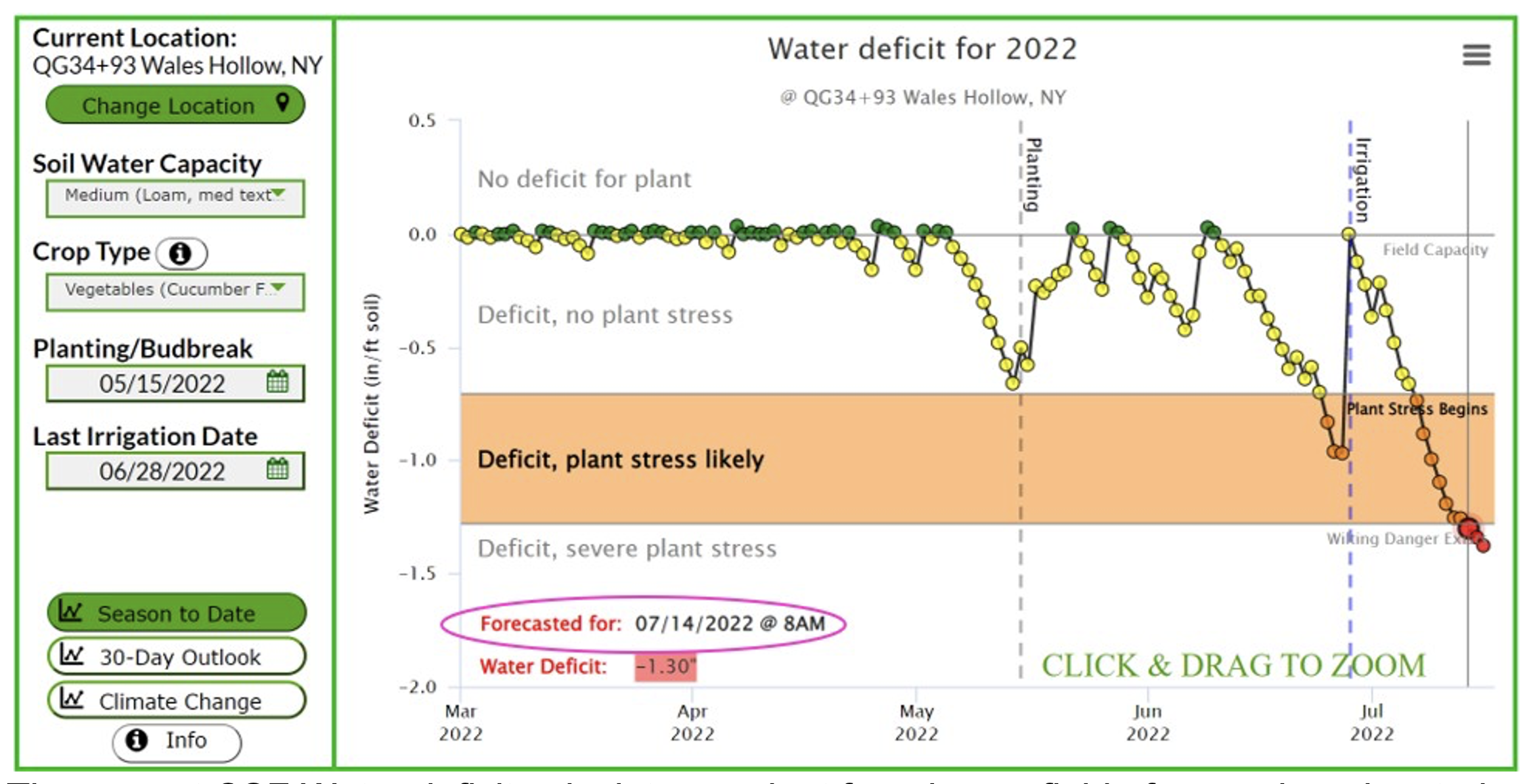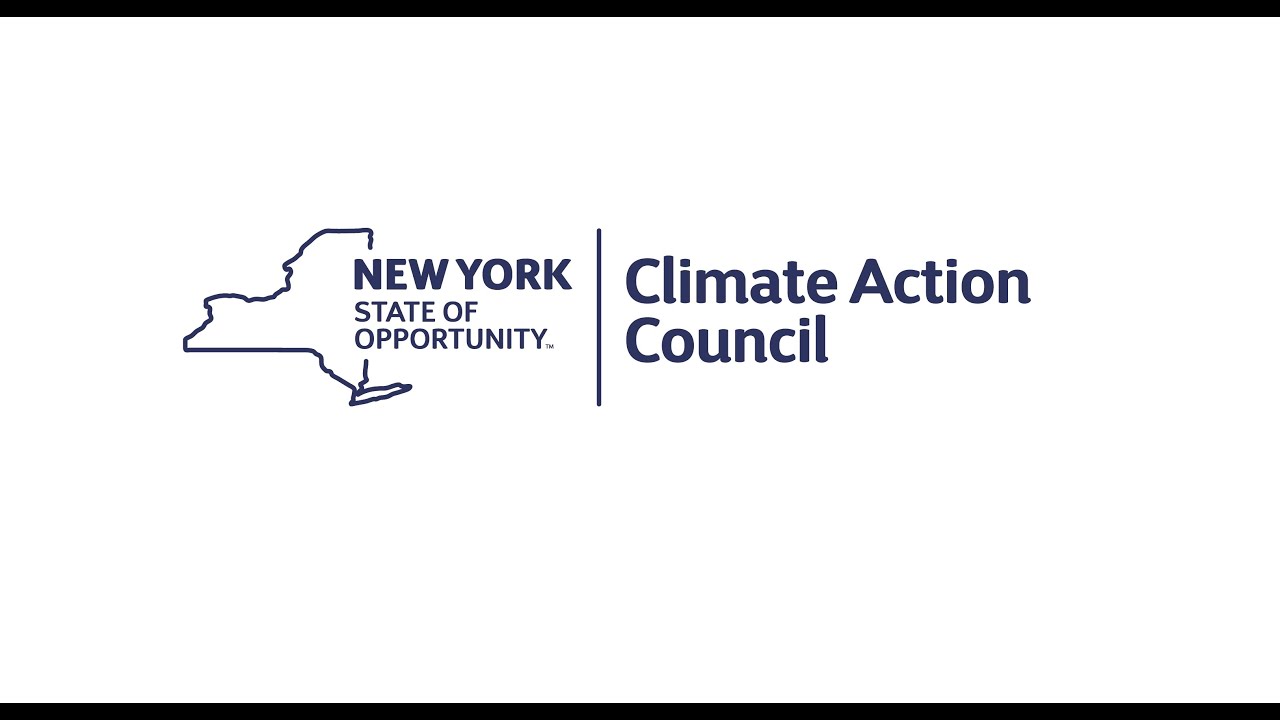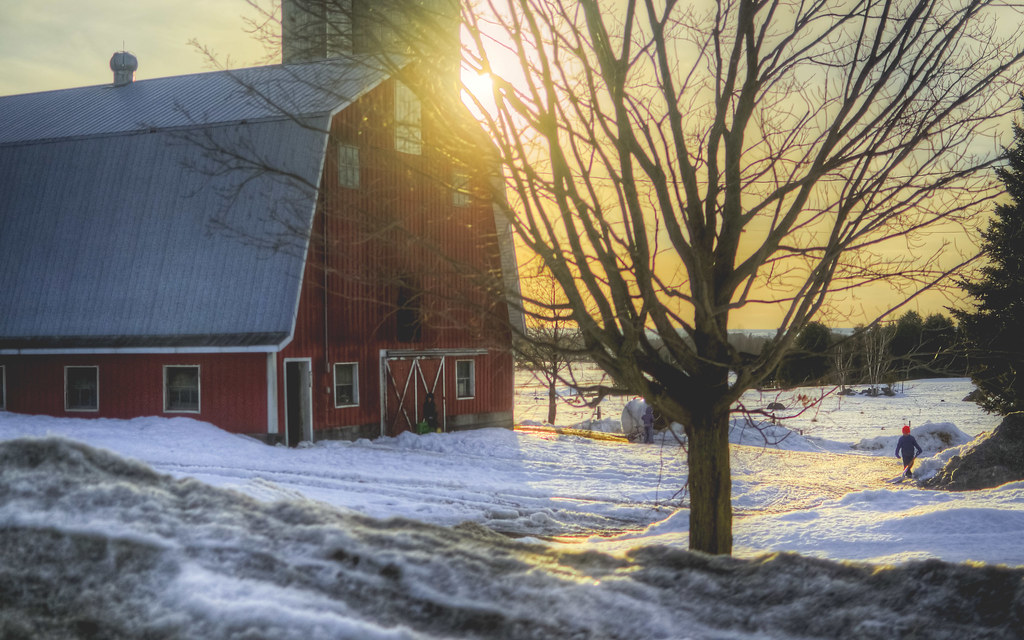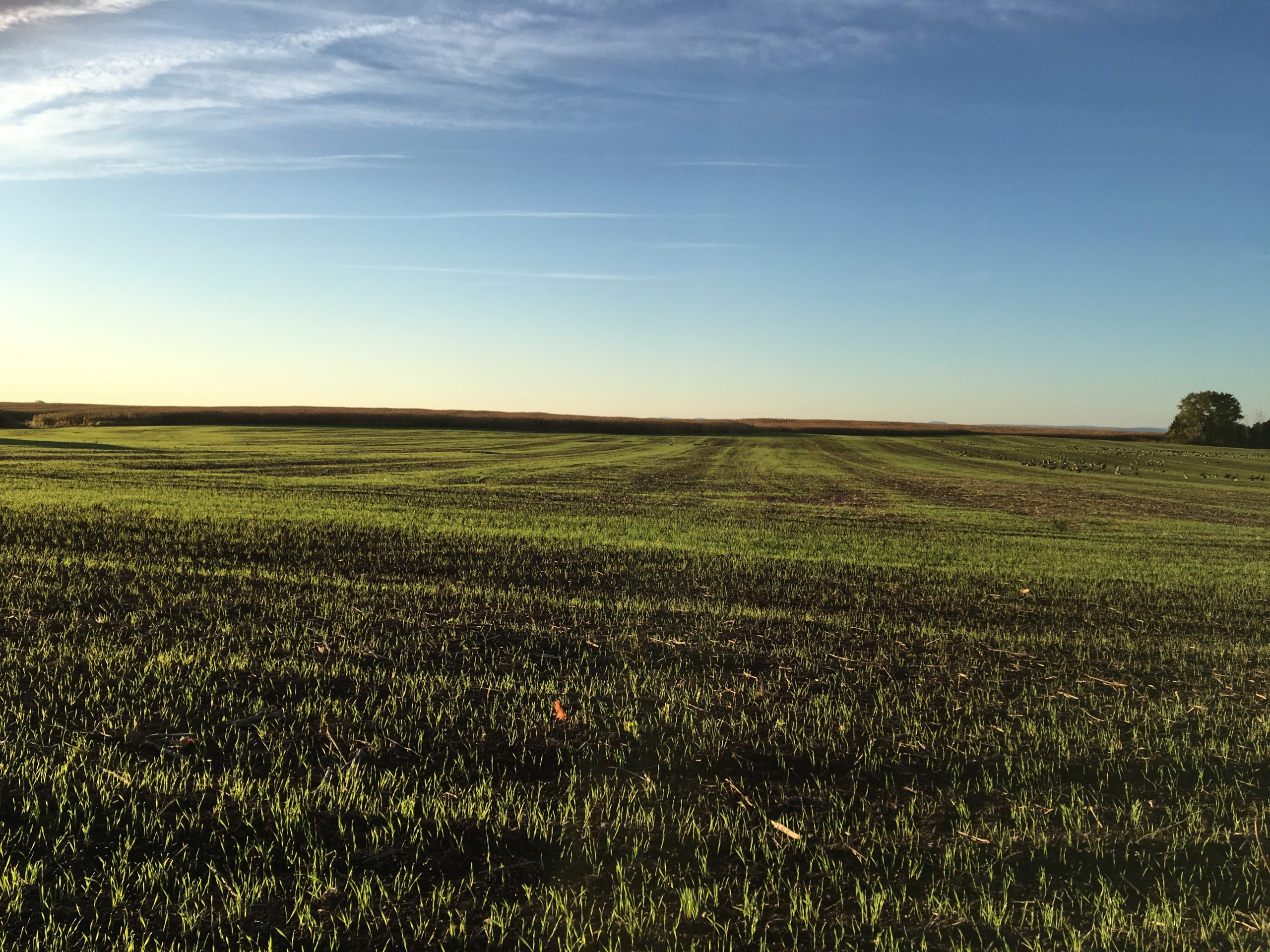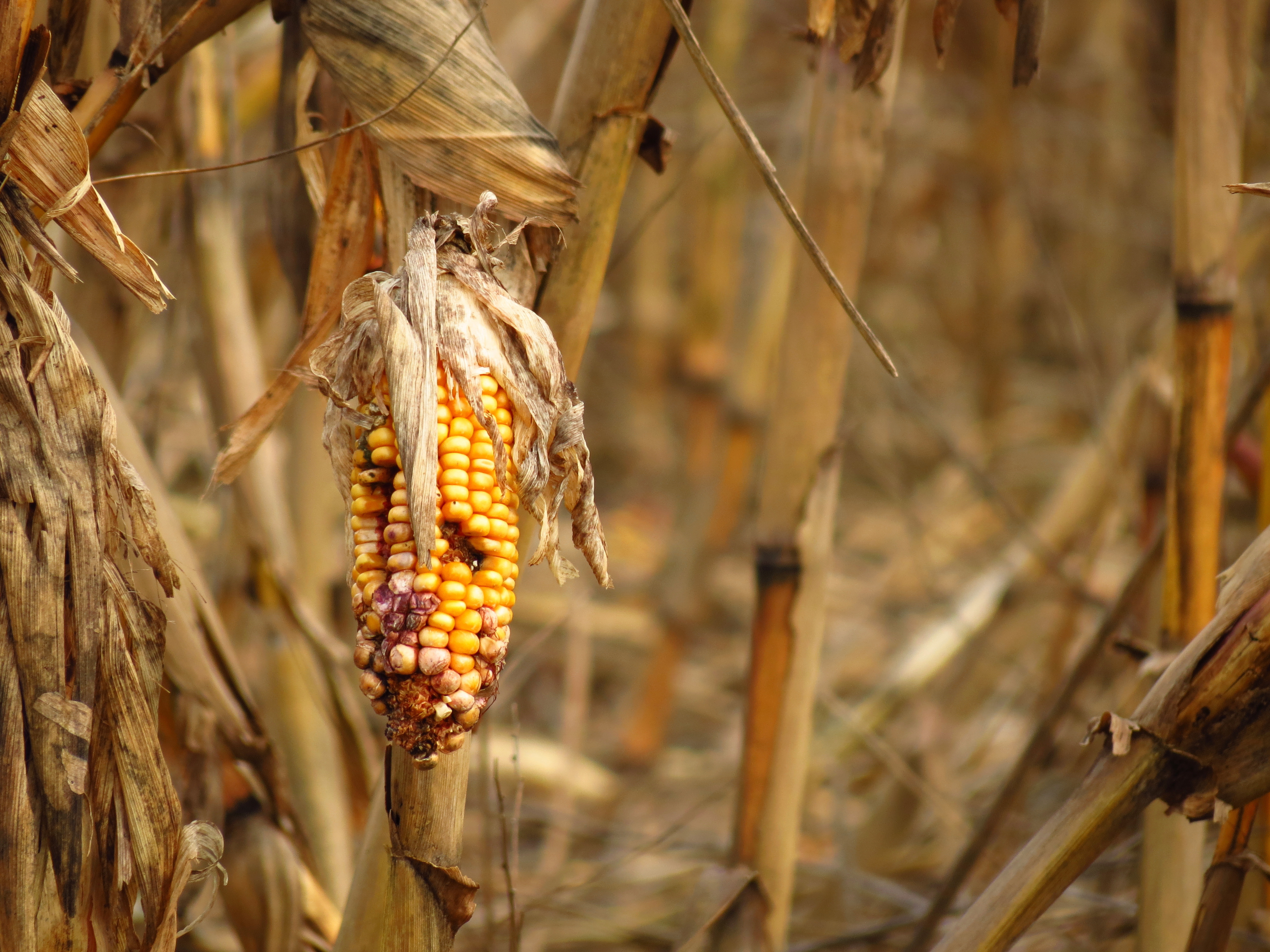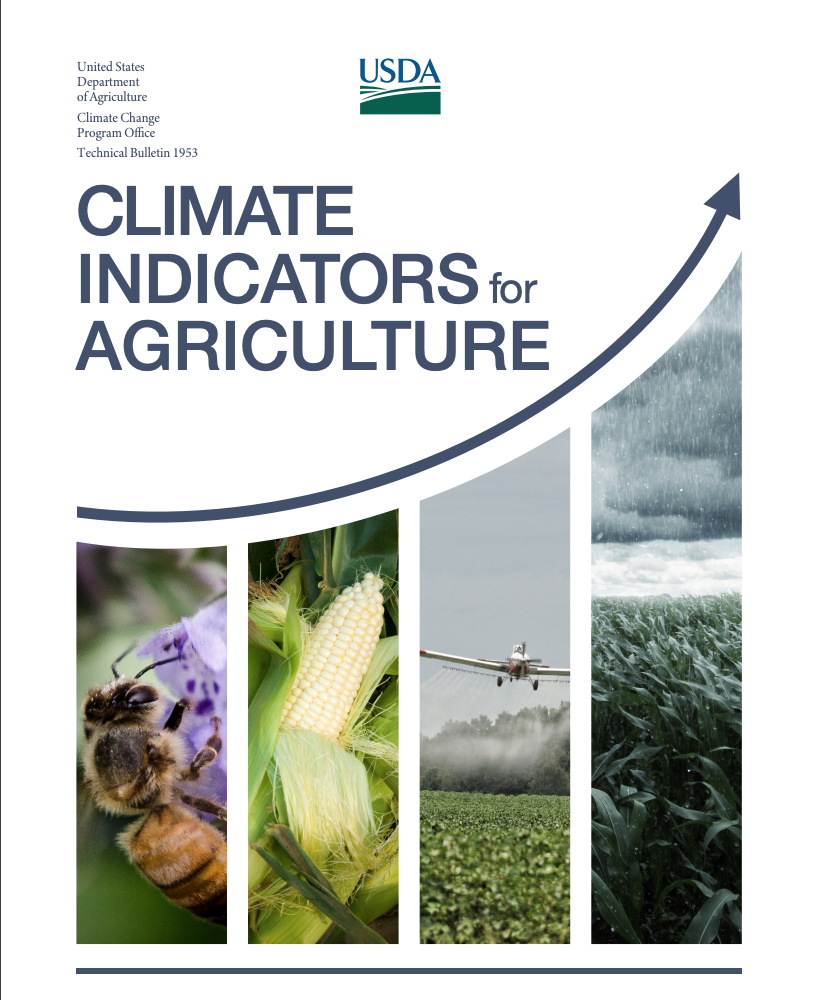New York’s farmers are facing more extreme weather caused by climate change and they are learning to adapt, according to the agriculture chapter of the new statewide climate impacts assessment, led and written by two Cornell researchers. Read the full Cornell Chronicle article.
PermalinkThe Dairy Climate Adaptation Fellowship program will begin in Winter 2024 This cohort-based learning opportunity is for farmers and agricultural advisors in the Northeast who are interested in climate change adaptation and mitigation strategies and planning, as well as peer-to-peer networking and support. Dairy farmers and agricultural advisors who work with dairy farmers in New York, Vermont, and Maine are eligible to apply! Applications are due by 11:59 PM on December 10, 2023. Apply here. For more information and a description of the program, please visit our website. If you have questions related to this application, please do not hesitate
Read more »Farmers, gardeners, and researchers take note! On November 15th, the U.S. Department of Agriculture (USDA) released a new version of its Plant Hardiness Zone Map (PHZM), updating this valuable tool for gardeners and researchers for the first time since 2012. Corenll’s Climate Smart Farming Program will link to this new map and use it in Climate Smart Farming Programming with ag producers. See the full article below: https://www.ars.usda.gov/news-events/news/research-news/2023/usda-unveils-updated-plant-hardiness-zone-map/ USDA’s Plant Hardiness Zone Map is the standard by which gardeners and growers can determine which plants are most likely to thrive at a location. The new map—jointly developed by USDA’s Agricultural
Read more »by Elizabeth Buck, Cornell Cooperative Extension, Cornell Vegetable Program As of last Thursday, U.S. Drought Monitor officially designated almost all of the Cornell Vegetable Program area as “abnormally dry”, which is their first stage of drought. It’s not hard to spot the corn rolling as you drive, particularly in the later plantings, and the ground cracks developing. Streams are running low and ponds are getting drawn down. The depletion of those surface water resources is quickly demanding a question be answered: How do I make the most impactful use of the water I do have? Watering Efficiency Look for and
Read more »On December 20, the NYS Climate Action Council voted to release the Draft Scoping Plan for public comment. January 1, 2022, marks the beginning of a comment period to receive feedback from the public as the Council works to develop and release a final scoping plan by the end of 2022. The deadline to provide comments was recently extended to June 10, 2022. The Council will hold ten public hearings around NYS on the plan: https://climate.ny.gov/CAC-Meetings-and-Materials The document includes a comprehensive Chapter (15) on Agriculture and Forestry. The NYS Climate Leadership and Community Protection Act (Climate Act) was signed into
Read more »Members of Cornell’s Climate Smart Farming Team organized multiple educational sessions this winter to help farmers and consultants understand the impacts of climate change on NYS farms, how to adapt and mitigate emissions. In Ulster County, Jim O’Connell worked to organize several sessions related to climate change for their New and Beginning Farmer Series, including an Intro to Regenerative Agriculture & the Regenerative Organic Certification (March 17); Climate Change & Agriculture (March 24th). Three upcoming sessions will cover Seriously Soil (March 31); Intro to Agroforestry (April 14); and Intro to Climate Resilience (April 21). Contact Jim O’Connell for more details. In
Read more »Farmers in New York State will now have access to two full-time Cornell Cooperative Extension (CCE) Ag Climate Resiliency Specialists to provide input on how they can adapt to climate change and reduce their greenhouse gas emissions on the farm. CCE recently appointed Zach Spangler and Jenna Walczak to the CCE Harvest NY Team. Both will also collaborate with Cornell’s statewide Climate Smart Farming team and program, which has been working together with farmers since 2015. Both Zach and Jenna will be based in the Hudson Valley and will support farmers’ efforts to mitigate climate change, improve their ability to
Read more »Two members of Cornell’s Climate Smart Farming Team, Dr. Deborah Aller and Dr. Allison Chatrchyan, were tapped to lead the Agriculture Chapter of the new Climate Impacts Assessment project for New York State. Read more in the Cornell Chronicle Article by Blaine Friedlander: https://news.cornell.edu/stories/2021/11/hochul-names-cornellians-nys-climate-assessment-project To explore how the warming environment will affect New York’s communities, ecosystems, and economy, Gov. Kathy Hochul named several Cornellians to the state’s Climate Impacts Assessment project. The group will conduct research and then suggest how the state can best prepare for climate change and adapt for the future. The research effort will be led by
Read more »The Cornell Climate Smart Farming Program is pleased to host five winter webinars for farmers, Extension specialists, and agriculture consultants. Registration is required, but events are free and open to the public. Please join us! If you missed one of the programs, contact the host listed in the description for links to view recorded session. Implications of Large Solar Installations and Leasing on Farmland Friday, February 12, 2021, 12:00-1:00pm Speakers: David Kay (Cornell) & Matt Johnson (NYS Tug Hill Commission) Utility-scale solar projects have been expanding in NY recently due to the need for additional energy development, changing technology, and
Read more »The Global Alliance for Climate-Smart Agriculture and students from Cornell University will present the results of a GACSA member survey, on “Scaling-Up Climate-Smart Agriculture Globally through GACSA“, in a Live Webinar Discussion. Learn about the results of a Cornell survey of GACSA members that analyzed climate change impacts to agriculture, the challenges and barriers facing farmers globally, and the need for knowledge sharing and improvements to the enabling environment and investments for CSA. GACSA is an inclusive, voluntary, and action-oriented multi-stakeholder platform on Climate-Smart Agriculture (CSA), hosted by the United Nations Food and Agriculture Organization (FAO). Cornell is a member of GACSA and co-facilitates the Knowledge
Read more »By Blaine Friedlander | August 3, 2020 Art DeGaetano, professor of earth and atmospheric sciences, is one of nine scientists who have co-authored a report to help the nation’s farmers, producers and commercial agricultural managers reduce risk in the face of climate change. “We present a foundational report on how to keep the pulse on climate change in agriculture, what climate change indicators to watch, and how the indicators may change,” said DeGaetano, who is also a fellow in the Cornell Atkinson Center for Sustainability. The report, “Climate Indicators for Agriculture,” was released July 29 by the U.S. Department of Agriculture
Read more »CICSS Director Allison Chatrchyan co-authored a recently published paper titled “Climate Change and Dairy in New York and Wisconsin: Risk Perceptions, Vulnerability, and Adaptation among Farmers and Advisors.” The research presented explores how dairy farmers and their advisors are interpreting and responding to climate impacts, risks, and opportunities. It was found that dairy farmers articulated climate impact concerns, but business pressures were often the more critical issues that affected their decision making. Personal experiences with extreme weather and seasonal changes also had an impact on their choices. The paper can be found here: https://www.mdpi.com/2071-1050/11/13/3599
Permalink

